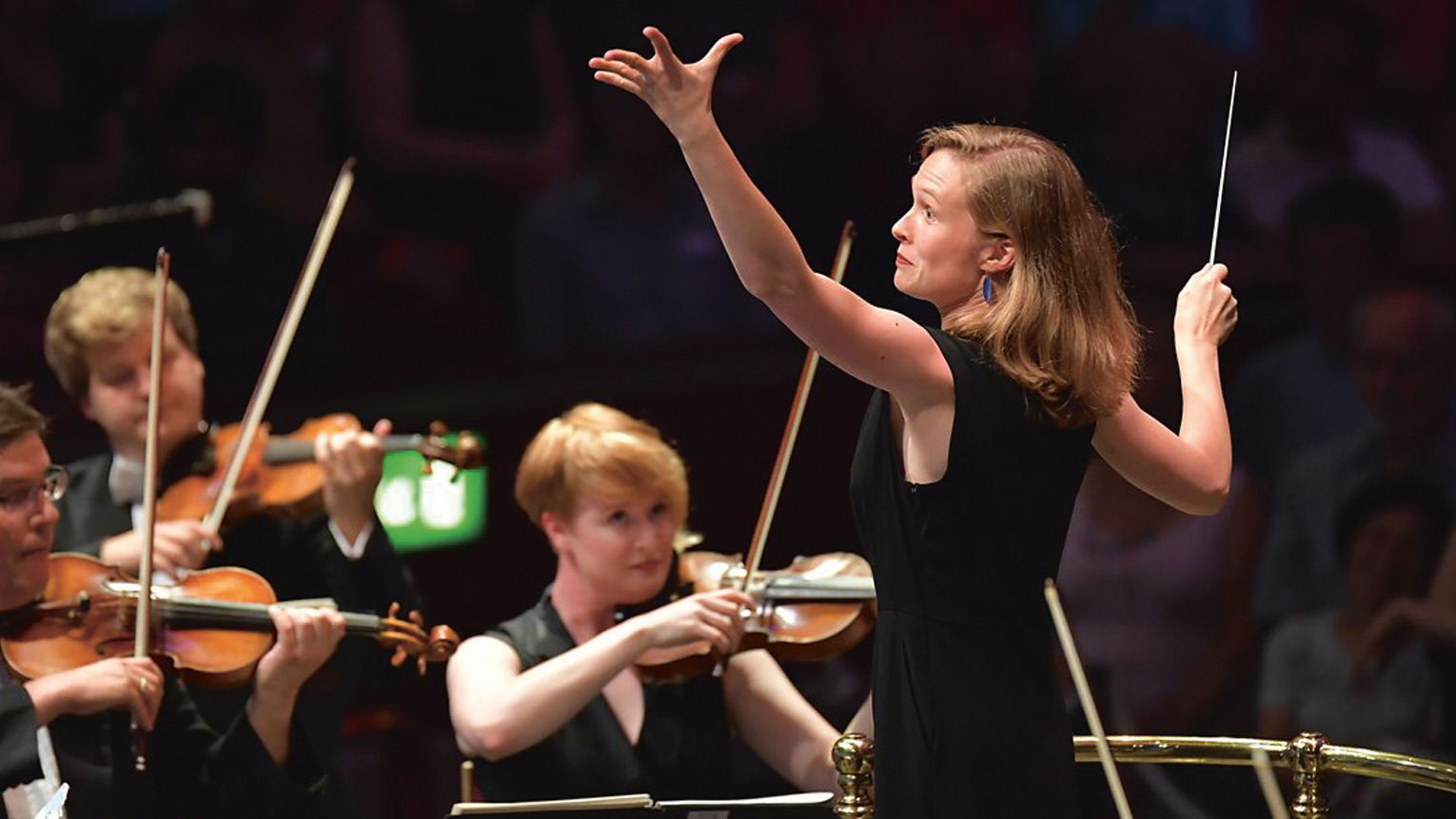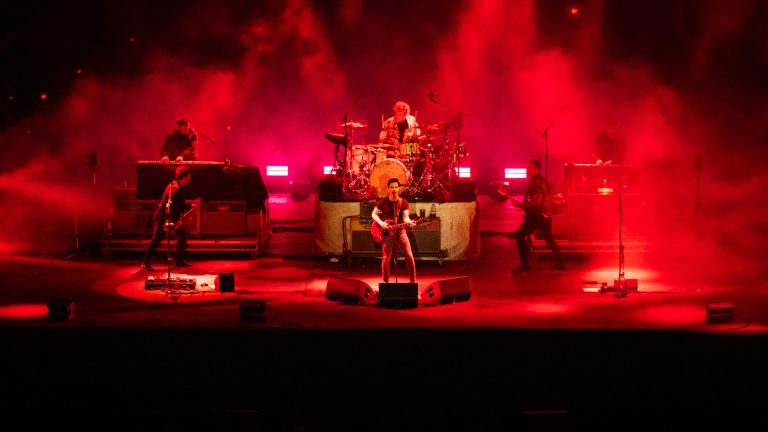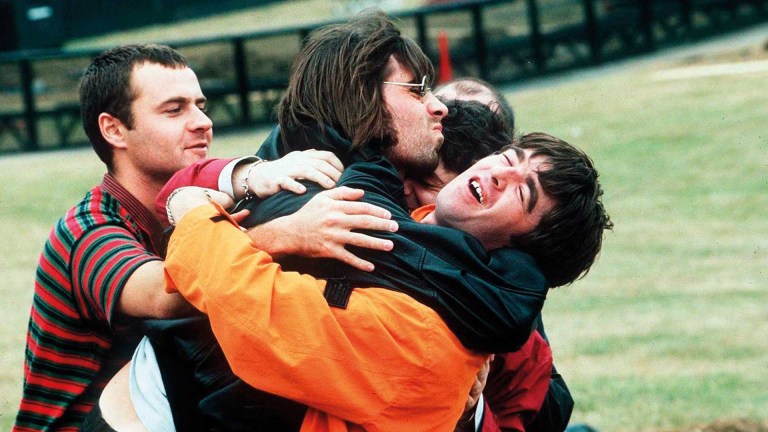When composer Rebecca Saunders was recently announced as the recipient of the prestigious Ernst von Siemens Music prize, it was inevitable that her gender prefaced the coverage. Saunders is the first female composer to receive the notable 250,000 euro award, following in the footsteps of the likes of Benjamin Britten. It’s a recurring theme: earlier this month, Mirga Gražinytė-Tyla made history as the first female conductor to sign with iconic classical record label Deutsche Grammophon. Gražinytė-Tyla, who is music director of the City of Birmingham Symphony Orchestra, will release a collection of orchestral works by Polish composer Mieczysław Weinberg, whose centenary falls this year. Last week, I spoke to conductor Valentina Peleggi, the first female conductor to become a Mackerras Conducting Fellow at English National Opera (ENO). Peleggi has just made her ENO conducting debut with La Bohème and will work with the opera house for the upcoming season. These are extraordinary firsts, and each artist deserves attention for their achievements. But it remains shocking that, for complex reasons, being a high-achieving – female – composer and conductor is still a something of an anomaly.
https://www.youtube.com/watch?v=7huSiJ2bKF0
Berlin-based Saunders comes to Birmingham on March 21 for a concert given by Birmingham Contemporary Music Group (BCMG). Murmurs, curated around the idea of creation without borders, features the world premiere of a newly commissioned concerto for sheng – a Chinese mouth organ – by Korean-born BCMG apprentice composer in residence, Donghoon Shin. The work is bookended by Saunders’ CRIMSON – Molly’s Song 1 (1995) and the titular Murmurs (2009). There are several ways to find out more about the music on offer: sheng expert Wu Wei presents the instrument in a variety of accessible events, including an interactive family concert (March 17) and composers Saunders and Donghoon Shin give a pre-concert talk (CBSO Centre).
Classical music is a broad church – sometimes literally. As well as groundbreaking concertos for instruments like the sheng, the genre includes the sacred works that are firmly embedded into Western art music. Naturally, this music can often be heard in churches and cathedrals, where the distinctive acoustic and ready-made concert seating makes them popular venues for chamber and choral music (respectively, broadly speaking). You don’t need to be a Christian to appreciate the artistry of Bach’s Mass in B minor, in the same way someone of any religious inclination can enjoy looking at Leonardo da Vinci’s The Last Supper.
It remains shocking that, for complex reasons, being a high-achieving female composer and conductor is still a something of an anomaly
There’s something very special – some would say spiritual – about hearing gorgeous music in a beautiful building. For example, last Christmas, I enjoyed hearing Norwich Cathedral Choirs sing in that exquisite setting as much as I appreciated the Suffolk Ensemble’s performance of The Snowman at Snape Maltings. I’m currently looking forward to a special performance of Wagner’s Parsifal (Prelude to Act 1 & Act 3) in York Minster, presented by Ryedale Festival during Holy Week (April 17). This performance will feature the marvellous Hallé Orchestra under their chief conductor, Mark Elder, and is a rare opportunity to hear Wagner’s masterpiece in a magnificent setting.
Sacred music continues to be written today, from John Rutter’s popular carols to James MacMillan’s large-scale settings of the Catholic mass. The latter’s Strathclyde Motets, Videns Dominus and Miserere feature as part of The Sixteen’s current cathedral tour, which sees the choral group – conducted by founder Harry Christophers – visit Newcastle Cathedral (February 28), Ripon Cathedral (March 1) and Wakefield Cathedral (March 2). Scottish composer MacMillan’s work is interspersed with late 16th-century traditional choral settings of liturgical texts, such as Palestrina’s Stabat mater.










